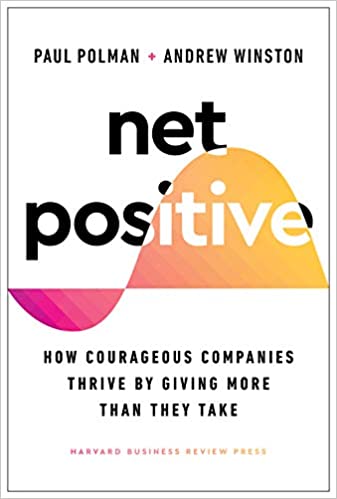
Net Positive: How Courageous Companies Thrive by Giving More Than They Take
Paul Polman
Summary
In today’s rapidly evolving global economy, businesses are increasingly expected to transcend traditional profit-driven models and embrace a more holistic approach to value creation. Net Positive explores how companies can thrive by adopting a mindset of giving more to society and the environment than they take, ultimately fostering sustainable growth and long-term success. Drawing upon Paul Polman’s extensive experience as a corporate leader and advocate for responsible capitalism, the book provides a compelling blueprint for organizations aiming to integrate purpose with performance.
- Rethinking Business Purpose: Companies must shift from a narrow focus on shareholder...
Full summary available for members.
Log in or create a free account to view.
